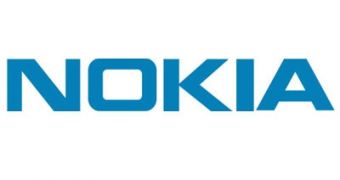Finnish mobile phone maker Nokia announced today the launch of its first Internet modem based on the next-generation Long Time Evolution (LTE) technology, dubbed Nokia Internet Modem RD-3. According to the company, the new modem uses its own LTE modem technology development.
The new Nokia Internet Modem RD-3, the company announced, was set to prove itself suitable for LTE technology environments, while being used along with different network vendors, as well as with measurement equipment manufacturers and operators. The device provides support for GSM/EDGE and WCDMA/HSPA technologies, and also sports support for a wide range of LTE frequency bands, so that it will fit into various operators’ deployment plans in different countries and regions.
“Nokia is committed to supporting industry activities aimed at maturing LTE technology to enable the first commercial networks to launch in 2010,” Jani Maenpaa, project manager, LTE/SAE Interoperability and Trials, Nokia, says. “Nokia is a founding member in the LTE/SAE Trial Initiative (LSTI) and carries out interoperability testing with a number of network vendors, collaborates with measurement equipment manufacturers and is ready to support operators with their LTE deployment activities. The Nokia Internet Modem RD-3 is used in all these activities.”
As many of you might already know, the Long Time Evolution of UTRA/UTRAN (Universal Terrestrial Radio Access Network) is the technology that will be used in a series of future, broadband, wireless access networks. LTE comes as a future step in the evolution of WCDMA/HSPA radio networks, and is expected to deliver rich, wireless, IP-based, real-time multimedia services for subscribers.
According to Nokia, LTE will provide both high data rates and low response times, while also offering an improved user experience when compared with the existing technologies. Moreover, it is also expected to deliver a “true Internet experience,” something that users cannot enjoy at the moment on the available mobile, broadband technologies.

 14 DAY TRIAL //
14 DAY TRIAL //